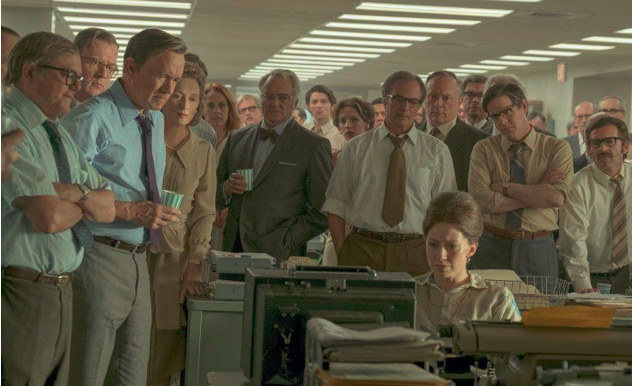Pedro Almodóvar has always been a trailblazing pioneer. An innate rebel. One against the reductionist and binary depictions of women which were far from corresponding with the strong, witty, vulnerable and proud female characters he grew up surrounded by, but also a rebel against a Spain in black and white which was still suspicious of peculiarity or deviation.
A look into his body of work gives us a few hints of what a remarkable talent he is, but none of his previous films amounts to such a personal and honest account of his own life. While not fully autobiographical (Almodóvar himself has acknowledged how troubling he finds to call the main character his ‘alter ego’) “Pain and Glory” is in many ways what 8 1/2 was to Fellini: a pinnacle achievement that is both a love letter to cinema and a brave and somewhat unsettling take on his upbringing.
Salvador Mallo (Antonio Banderas) is a film director at the creative crossroads of his walk into maturity. Incapable of getting back to directing and fully centered on dealing with his Pain -both physical and existential-, he finds comfort in memories of his childhood, those that shaped him. From his early sexual awakening, his long days by the riverside, to his mother – a woman painfully direct and transparent, unwilling to decorate her version of things. Almodóvar remarkably depicts her as an observer, one who lurks and quickly understands the oddness in her son, but who decides neither to suppress it nor to encourage it. Here, both Penelope Cruz’s and Julieta Serrano’s versions of the matriarch prove the most sincere and luminous performances in the film, together with Banderas’ hypnotizing turn.
“Pain and Glory” also represents a step forward in the Spanish director’s more restrained and austere narrative. This is far from meaning that Almodóvar has given up his playful color choices or his preference for social outliers, but perhaps that this is a film tailor-made for himself and his understanding of the medium. As a viewer, one has to feel gratitude for such a personal investment in the story the auteur is getting across – as his commitment to the characters and the events elegantly translates into a profoundly moving journey.
As per usual, the film is a stylistic gem. But fortunately for us, the joy does not end there. “Pain and Glory” is Almodovar’s best movie since “Volver”, a piece of his life crafted with a level of love and care that leaves very little room for improvement.
When the suffocating struggles of the mind become paralyzing, film is still there, as available, real and inviting as ever. Like a balm that saves you.







